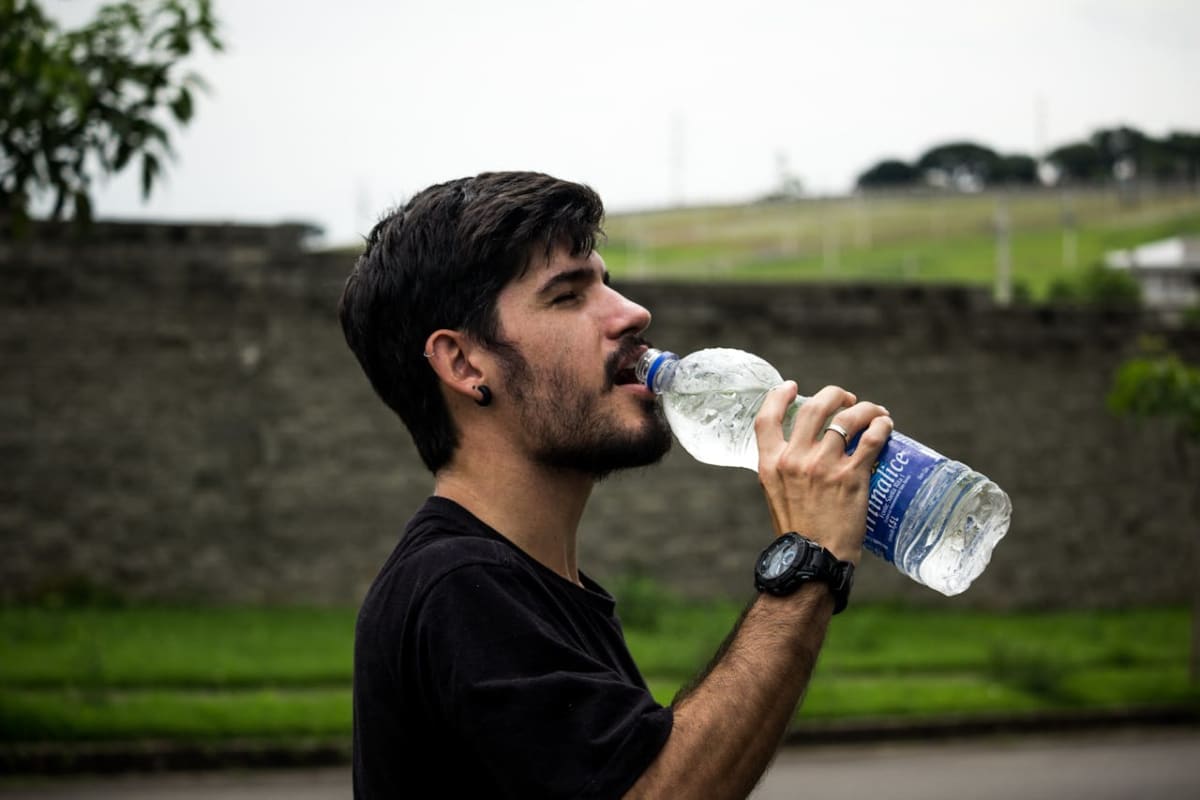Mental health is as vital to our lives as physical well-being, yet it often goes neglected or misunderstood. Mental health encompasses our emotional, psychological, and social well-being. It affects how we think, how we feel, and how we act.
In October 2020, Limitless, a non-profit organization that deals with youth mental health, recorded 250 new clients seeking help – an increase in number when compared to 2019.
When our mental health suffers, it can lead to mental illnesses, which are health conditions involving changes in emotion, thinking, or behavior (or a combination of these).
In this article, you'll find out various mental health helpline where you could seek support and advice, no matter what circumstances you're in.

Different Types of Mental Health Problems
Mental illnesses, sometimes referred to as mental health disorders, range from the worries we all experience as part of everyday life to serious long-term conditions.
The most common types of mental illnesses include anxiety disorders, major depressive disorder, bipolar disorder, and schizophrenia, among others.
These illnesses can deeply impact day-to-day living and may also affect physical health.
Anxiety Disorders
The most prevalent of these illnesses are anxiety disorders, marked by an excessive and persistent sense of apprehension, with physical symptoms such as pounding heart, sweating, headaches, stomach upset, or dizziness.
Depressive Disorders
Depressive disorders involve persistent feelings of sadness and loss of interest. It more than just a bout of the blues; it is a chronic condition that usually requires long-term treatment.
Bipolar Disorder
Bipolar disorder is characterized by dramatic shifts in a person's mood, energy, and ability to think clearly. These mood swings can range from highs (mania) to lows (depression).
Schizophrenia
Schizophrenia is not as common as other mental disorders, but its symptoms can be very disabling. Symptoms typically include delusions, hallucinations, disorganized speech and behavior, and impaired cognitive ability.
What Causes Mental Illnesses?
Mental illnesses are the result of a complex interplay of genetic, biological, environmental, and psychological factors.
- Genetics: Mental illnesses, in some cases, run in families, suggesting that people who have a family member with a mental illness may be somewhat more likely to develop one themselves.
- Biochemistry: Chemical imbalances in the brain may contribute to the development of mental health disorders.
- Trauma: Experiences such as military combat, personal assault, being a victim of crime, or natural disasters can trigger mental health problems, particularly posttraumatic stress disorder (PTSD).
- Environmental Stresses: Stressful life situations, poor work-life balance, dysfunctional family life, or social or cultural expectations can contribute to the onset of mental illness.
How to Recognize and Support Someone with Mental Health Illness?
If you or someone you know may be struggling with mental health, here are some ways to offer support:
- Educate Yourself: Learn about the mental illness your friend or loved one is facing. Knowledge can break down the stigma and support the journey to recovery.
- Listen Without Judgment: Sometimes, the most effective way to help is simply to listen in a nonjudgmental manner and offer your support and understanding.
- Encourage Professional Help: While it's important to be supportive, professional help is often crucial. Encourage your loved one to seek help from a mental health professional.
- Be Patient: Recovery from mental illness takes time. Being patient and understanding that the individual may have good and bad days is part of the process.
- Take Care of Yourself: Supporting someone with a mental illness can be challenging. Ensure you are taking care of your own mental health as well.
- Advocate for Mental Health: Fight stigma and support policies that promote mental health awareness and treatment.
Mental Health Helplines in Singapore
Many of us can experience dips in our emotional or psychological wellbeing with the COVID-19 situation – this could be due to issues with school or work, financial concerns, or fears of domestic abuse.
If you need to talk to someone about what you are experiencing, do not hesitate to reach out. With helplines available for you to call, you can speak about the issues affecting you and get help that you may need.
Samaritans of Singapore
Samaritans of Singapore Limited (SOS) is dedicated to providing confidential emotional support to individuals facing a crisis, thinking about or affected by suicide.
They provide:
- 24-hour Hotline
- 24 hour CareText: a text-based service that provides emotional support for those in distress (WhatsApp 9151 1767)
- CareMail: an alternative avenue of emotional support for those who prefer to write in via email (pat@sos.org.sg).
Fei Yue Community Services
We are a community social work agency that provides quality home-based services and support to families and children who face abuse or severe neglect at home.
We receive referrals from the Ministry of Social and Family Development (MSF) Child Protection Services to support families and children identified to require non-statutory services and support.
ec2.sg
ec2.sg is a community mental health programme for youths aged between 12 to 25 years old. eC2 aims to promote mental resilience by empowering youths to take charge of their mental health by connecting them to available resources and instilling courage in them to seek help and engage with the community.
ec2.sg provides Quick Chat, a one-to-one mental health screening via online chat for youths aged 12 to 25 to talk about their mental health or emotional concerns. Our service is provided free-of-charge.
Click on the thumbnail on the website to chat online.
Operating hours: Mon, Thurs, Fri, 10am - 12pm, 2pm - 5pm (excluding PH).
CHAT
As the Centre of Excellence for Youth Mental Health in Singapore, we've been helping and supporting young people with mental health concerns since 2009. CHAT runs a national youth mental health outreach and assessment service for youth and young adults aged 16 to 30.
webCHAT
CHAT provides webCHAT as an alternative platform for young people to get in the moment support for their emotional concerns. Our mental health professionals are here to help young people gain better clarity of their situation, to get the support that they need.
Operating hours: Tues - Sat: 1pm - 8pm (excl. Public Holidays)
Click the CHAT icon at the bottom right corner of the page to start chatting.
Oogachaga
Oogachaga is a community-based, non-profit, professional organisation working with lesbian, gay, bisexual, transgender, questioning and queer (LGBTQ+) individuals, couples and families in Singapore since 1999.
Whatsapp Counselling
Singapore’s only dedicated Whatsapp counselling services provided by trained volunteers for the LGBTQ+ community. These confidential services provide an active listening ear and emotional support for people who would like to share about issues troubling them, such as sexuality, identity, relationships, mental health and sexual health.
Whatsapp: 8592 0609
Operating hours: Tuesdays, Wednesdays, Thursdays: 7pm – 10pm; Saturdays: 2pm – 5pm.
Email Counselling
The email counselling service is known as CARE email counselling and started in 2010. Like the Whatsapp counselling service, it is run by trained volunteers with supervision.
The service is for those who prefer to express themselves in writing, and we aim to respond within 2 to 3 days of receiving your email.
Tinkle Friend
Tinkle Friend is a service provided by Singapore Children's Society. Tinkle Friend provides support, advice, and information to lonely and distressed children, especially in situations when their parents or main caregivers are unavailable.
Toll-free Helpline
Tinkle Friend is a national toll-free helpline (1800 2744 788) and chatline for all primary-school-aged children in Singapore.
*Calls to the helpline and chats on the online chats are recorded for record keeping purposes.
Operating hours: Mon to Fri: 2.30pm – 5pm.
Online Chat
You could chat with Tinkle Friend online by clicking on the pop-up box on the bottom right hand corner of the website to start chatting during the operating hours.
Operating hours: Mon to Thurs: 2.30pm - 7pm, Fri: 2.30pm - 5pm.
Conclusion
We all have mental health, just like we all have physical health. The more we understand it, the better we can support ourselves and the people we care about. Whether it's stress, sadness, dealing with a diagnosis, or simply seeking a listening ear, remember that help is available—and recovery is not just possible, it's probable.
Remember, mental health is a journey, not a destination. It's about how you drive, not where you're going. Let’s pave the path for unconditional support, awareness, and acceptance for mental health in our society.



